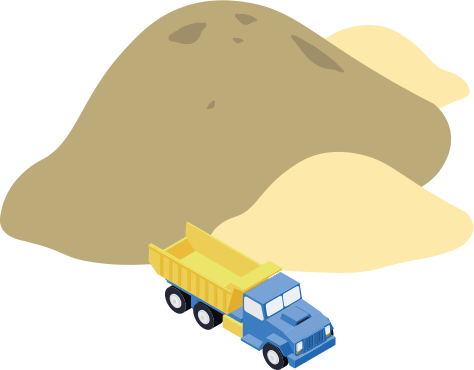Google has just rolled out their biggest algorithm change in years.
Maybe their biggest change ever.
The change per Google affects 35% of all searches. While they make hundreds of changes every year, most of them affect a tiny percentage of searches. The Panda update early this year was huge, and it affected something like 12% of searches.
The change is a major upgrade in how Google handles freshness as a ranking factor.
There is a big difference between one search and another, in how important newness of information is.
Reports on breaking news, freshness is key. General content, it could be a minor issue – information years old could be just as good as something from yesterday.
This algorithm update recognizes these differences to a much greater degree than ever previously.
One way Google will recognize freshness is simply how recently a site has been updated in its index. Of course, Google will re-index a page when it crawls it and finds it has changed. But Google crawls some sites more often than others.
A major factor in how often Google crawls a site is how much traffic it gets. Heavily trafficked sites that change regularly are going to be crawled more often. The average site may get fully crawled every three weeks. Some sites get updated in Google’s index minutes after a change.
So this is the first time that Google has acknowledged that traffic volume can affect rankings.
We’ll have to see how much difference this makes in rankings. But anyone with a website needs to pay attention to this. It is huge. Big. Important.
Humongous.
Freshness and Search
Rich Byrd
Freshness and Search








